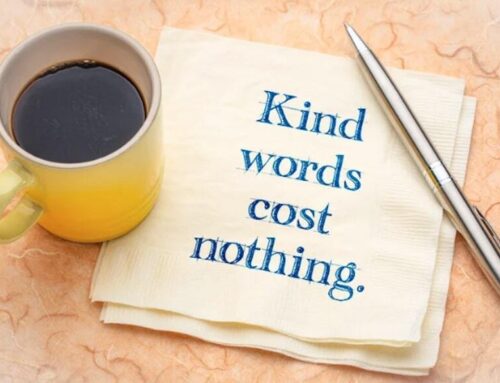
Conflict resolution isn’t just a skill set—it’s a culture. When teams don’t have a shared understanding of how to approach disagreements, small tensions can snowball into major issues. That’s why building a conflict-responsive organization starts with structure, not just individual training.
Here’s how to lay the foundation.
1. Define Clear Conflict Pathways
Too often, employees don’t know where to turn when tensions arise. Create transparent protocols for:
- Addressing issues informally (e.g., peer conversations)
- Requesting facilitation or mediation
- Escalating serious concerns appropriately
Make these pathways accessible and visible across the organization.
2. Normalize Reflection and Repair
Rather than brushing over conflict once it passes, embed structures for reflection:
- After-action reviews post-conflict resolution
- Team debriefs following difficult conversations
- Space to acknowledge hurt or repair trust
These create a culture of learning instead of avoidance.
3. Implement Conflict Trend Reviews
Don’t wait for patterns to become crises. Track:
- Frequency and type of reported conflicts
- Recurring themes by team or department
- Time and resources spent managing disputes
Use this data to refine systems and identify root causes.
4. Establish Reflection Panels or Ombuds Programs
Sometimes, people need a neutral space to explore what happened. Internal reflection panels or external ombuds professionals can:
- Help parties clarify their perspectives
- Suggest pathways forward without formal HR processes
- Reduce defensiveness by promoting listening and shared understanding
5. Train Beyond Communication Skills
Yes, active listening and de-escalation matter. But to shift culture, teams also need training in:
- Power dynamics and psychological safety
- Identity-based conflict and cultural humility
- Systems thinking and conflict mapping
6. Recognize and Reward Constructive Conflict
Make it clear that speaking up with care—even in disagreement—is valued. Celebrate:
- Brave conversations that led to insight or innovation
- Teams who navigated tension and emerged stronger
- Leaders who modeled transparency and calm under pressure
Make Conflict Resolution an Ongoing Practice
Creating a conflict-responsive culture doesn’t happen overnight. It’s the result of consistent investment in communication, structure, and support. But the payoff is real: healthier teams, higher retention, and more resilient collaboration.
Is your organization ready to become conflict-responsive?
We can help design the policies, systems, and trainings that support lasting change.
Contact us to get started.

About the Author: Jeremy Pollack
Jeremy Pollack, Ph.D. is the founder of Defuse De-Escalation Training, a sister company of Pollack Peacebuilding Systems, the largest workplace conflict resolution training and consulting firm in North America. He actively participates in de-escalation training and consulting initiatives for a variety of industries, from Fortune 500 companies to well-known non-profits. Besides his Ph.D. in Psychology from Grand Canyon University, Jeremy holds a Master’s Degree in Negotiation, Conflict Resolution, and Peacebuilding (NCRP) from California State University, Dominguez Hills. He is also a member of several organizations focused on conflict resolution and peacebuilding, such as the Peaceful Leadership Institute, the Association for Conflict Resolution, and the Division 48 (Division of Peace Psychology) of the American Psychological Association. Jeremy also holds several certifications in the field of training and coaching: he is a Certified Organizational Development Coach (CODC™), a Certified Clinical Trauma Specialist-Individual (CCTS-I™), and an Associate Certified Coach (ACC) under the International Coaching Federation.








